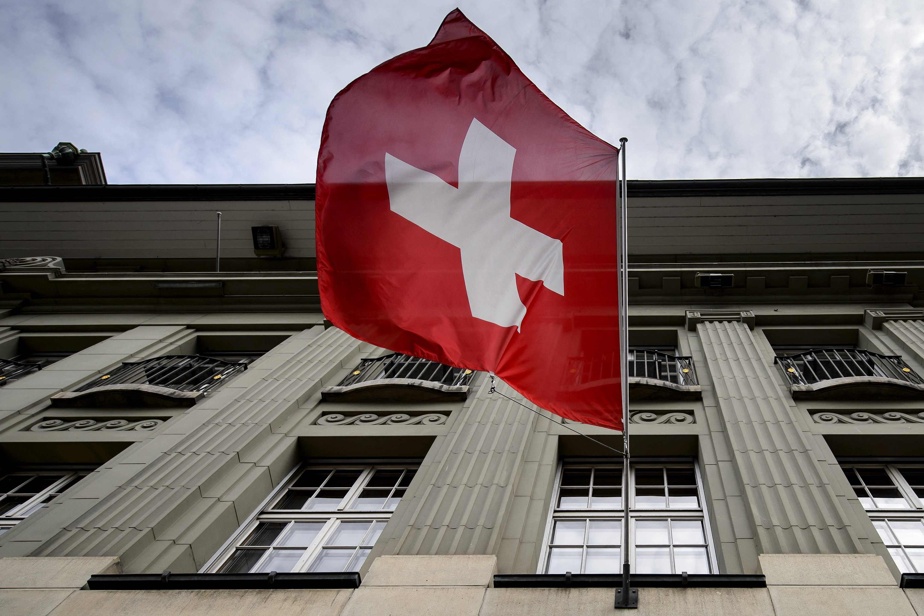(Geneva) Switzerland is preparing for new negotiations with the European Union (EU), two years after having shocked the 27 by deciding purely and simply to put an end to long years of talks.
On Tuesday, after a special meeting, the federal government asked the various ministries concerned to work on drawing up a mandate for negotiations with the EU by the end of June this year.
The Federal Council “notes the existence of a positive dynamic in the discussions between Switzerland and the EU at the technical, diplomatic and political levels”, underlines in a press release the government, which specifies that after eight exploratory discussion sessions and nineteen technical discussions between the Swiss and European delegations, the two sides had come to “a fine understanding” of their respective positions.
Alongside the development of the negotiation strategy, State Secretary Livia Leu was given a mandate to finalise, within the framework of the ongoing discussions with the EU, the common basis for future negotiations.
The next exploratory talks are scheduled for April 20 in Brussels and technical talks with the EU continue on a weekly basis, the statement said.
Ties between Brussels and Bern have been strained since Switzerland suddenly decided in May 2021 to end years of talks for a broad cooperation agreement with the EU.
Relations between the EU-27 and Switzerland are currently governed by a mosaic of agreements and, for more than a decade, discussions continued with a view to a global agreement which would have harmonized the legal framework governing the relationship with the country nestled in the heart of the European Union, which is its main trading partner.
But talks for a framework agreement hit a stalemate after the European Union refused to give in to Swiss demands to exclude key issues of state aid, wage protection and freedom of movement. Since then, Bern has been trying to pick up the pieces and establish common ground with Brussels through so-called exploratory talks.
The Federal Council has validated a “package” approach which it believes has the best chance of success.
It is about developing a “package” around concrete new agreements on electricity – a subject which has become more pressing with the energy crisis caused by the war in Ukraine – but also safety and health in the place of a vast agreement regulating institutional questions, such as the incorporation of European law into Swiss legislation, supervision and the settlement of disputes.
Each of the new agreements and those already concluded would contain elements of settlement of institutional issues, but limited to their respective domain.
Regarding the protection of wages, one of the points of contention which had derailed the negotiations in May 2021, the Federal Council wants additional measures to preserve the Swiss achievements.
It instructed the Department of the Economy, the cantons and the social partners to draw up concrete proposals.
One of the chapters of the government press release: “Strengthening political support on the internal level”, underlines the problem of the federal executive on the support of the political world and the population for these European plans, even if the war in Ukraine has improved the image of the EU in the Alpine country, according to a recent poll.
The share of people with a positive image of bilateral agreements with the EU has increased from 53% to 59% compared to last year, while 12% see them as rather or only disadvantages, according to this survey by the gfs Institute .bern published on Sunday.
The SVP, the radical right and the country’s leading party, will continue to oppose with all its might the automatic resumption of European law and the submission of Switzerland to the European Court of Justice, one of its elected officials told the Keystone-ATS agency.

